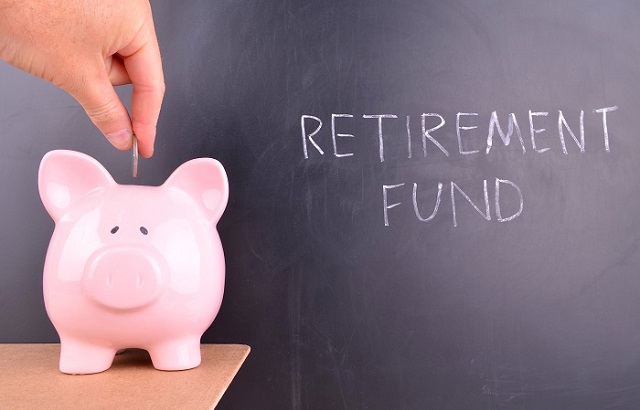Aviva has published a report analysing the challenges facing the 32-40-year-olds who are set to retire in the 2050s.
The survey revealed that a typical middle-income earner (defined as earning £25,000 to £44,999) in this age group, contributing 8% of earnings into a defined-contribution pension throughout their working life, could retire with a pension pot of £225,000 ($288,000, €264,000) or more in the 2050s.
But it also said that according to the Pensions and Lifetime Savings Association (PLSA)’s retirement living standards, this is unlikely to provide a ‘moderate’ income in retirement.
Aviva said that a typical middle-income earner paying an extra 2% into a pension each year could increase their total pension pot by £56,000 by the time they retire.
‘No clear vision’
The survey also found that only 19% of 32-40-year-olds feel completely or somewhat prepared for how they will fund their retirement.
Most (64%) said they do not know how much they need to save into a pension to achieve their desired retirement-income level, and over half (52%) would not know where to start when it comes to planning for their retirement.
Doug Brown, chief executive of UK & Ireland life at Aviva, said: “The introduction of important initiatives like automatic enrolment in 2012 and pension freedoms in 2015 have not yet been matched by the wider support needed to help people make the most of the opportunities available to them. This needs to change quickly if we are to help future retirees.
“Almost 3.4 million people are expected to retire in the 2050s with pension pots of more than £225,000. The vast majority will need financial advice, and everyone will need robust, well-designed professional support in their decision-making and planning, but most say they have no idea where to begin.
“Despite this, there is no clear vision of the support people need, and consequently policy is piecemeal and insufficient – leaving savers at risk from poor decisions.
“Government, regulators and industry need to work together to develop a blueprint of the support that pension savers need. They then need to put that support in place, so future retirees are able to make better decisions and achieve more positive retirement outcomes.”








